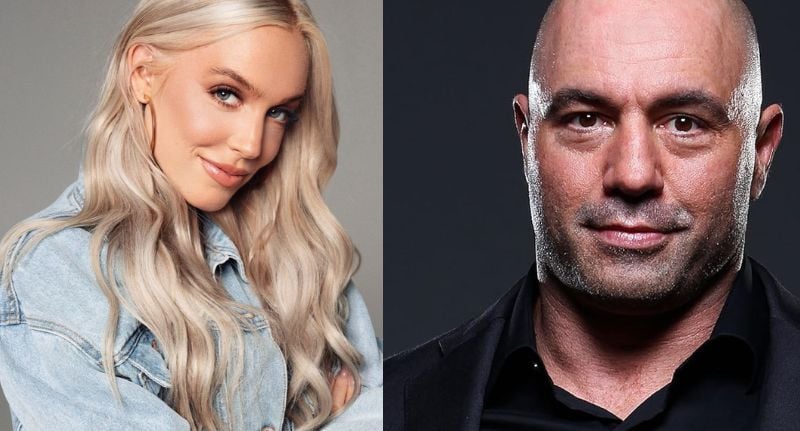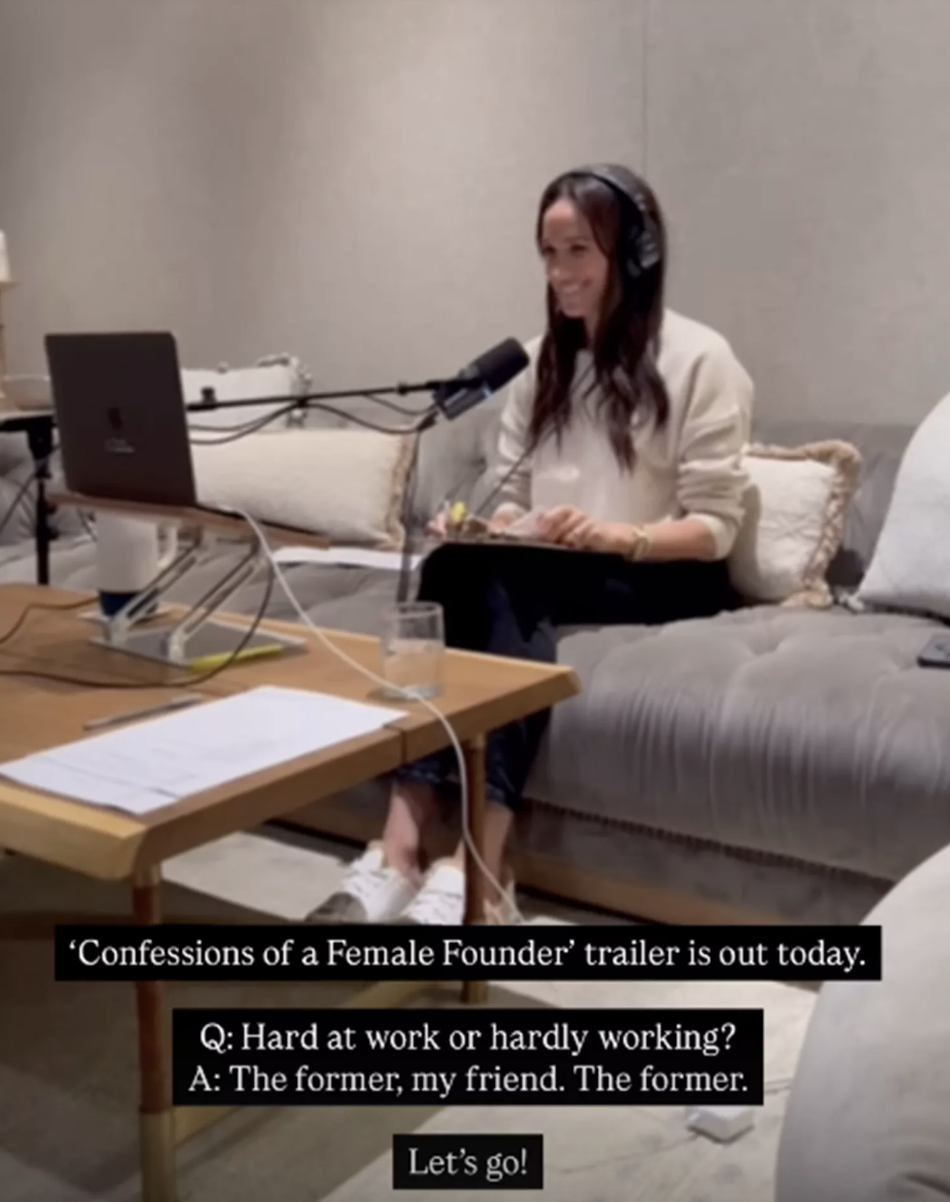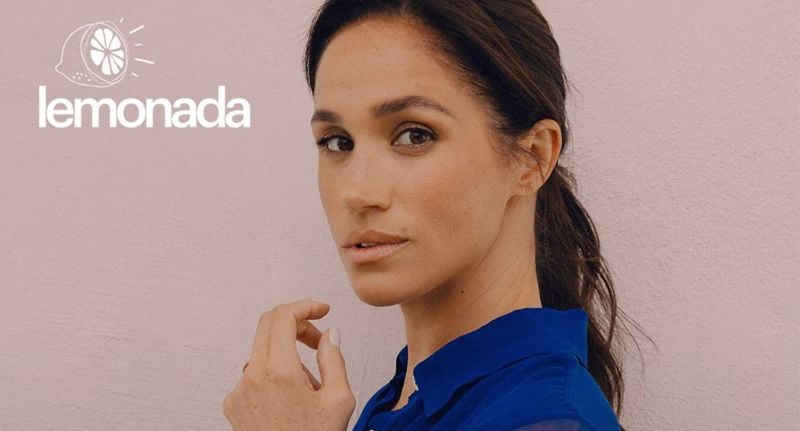The global podcasting industry is awash with cash. Big names are cashing even bigger cheques, with platforms like Spotify and SiriusXM competing fiercely for exclusive content that drives loyal, ad-engaged audiences.
Joe Rogan’s The Joe Rogan Experience reportedly earns a staggering $60 million annually, fuelled by an estimated 190 million downloads per month. While, Alex Cooper, host of Call Her Daddy, has secured back-to-back headline-making deals, a $60 million contract with Spotify in 2021 followed by a $100 million partnership with SiriusXM that includes exclusive advertising and distribution rights.
But not every big name is raking in those kinds of numbers.

Alex Cooper and Joe Rogan.
‘Confessions of a Female Founder’ wraps with modest return
Meghan Markle’s latest audio outing, Confessions of a Female Founder, appears to have concluded after just eight episodes, and according to one commentator, brought in just $40,000 for the Duchess of Sussex.
That figure, shared by podcaster and journalist Kinsey Schofield on Sky News Australia, is a sharp contrast to the numbers being pulled in by podcasting’s top earners.
While Markle once signed a multi-million-dollar partnership with Spotify, a deal that reportedly collapsed amid unmet benchmarks and internal backlash, her most recent collaboration with Lemonada Media seems to have been a more modest, boutique-style project.
Across the series, Markle interviewed high-profile businesswomen including Spanx’s Sara Blakely, Bumble’s Whitney Wolfe Herd, and IT Cosmetics’ Jamie Kern Lima.
Several of her guests were also founders of companies in which she holds a financial stake, such as Clevr Blends and Highbrow Hippie, a crossover that blends editorial storytelling with brand alignment, albeit on a far smaller commercial scale than the star-studded audio ventures of her peers.

What advertisers really buy into
Sure, Markle’s podcast leans into empowerment and entrepreneurialism, ticking boxes around female-founded storytelling and values-driven branding. But in a competitive market, audience size and engagement are still the key metrics that drive real revenue.
And while Confessions earned a splash of media coverage, it didn’t appear to generate the scale required to unlock serious advertising firepower.
Compare that to the likes of Cooper and Rogan, both known for commanding massive, highly engaged followings.
Cooper’s audience is younger, digitally native, and intensely loyal. Rogan’s spans demographics but is known for its scale and staying power. These listener profiles translate to programmatic advertising, custom brand integrations, and subscription upside, all appealing to marketers looking for addressable reach in a fractured media environment.
Markle’s audience, while clearly curious, didn’t convert into the kind of commercial footprint platforms now expect when signing high-profile talent.
Bonus episode or brand repositioning?
After wrapping the eight-episode run, Markle surprised listeners by dropping a bonus episode featuring Tina Knowles Lawson, Beyoncé’s mother, in what appeared to be a shift back toward her showbiz roots. It was a notable departure from the show’s founder-focused format, and a move some have read as either a strategic pivot or a soft farewell.
Fast Company recently reported there is “interest” in a second season of Confessions, with a number of female entrepreneurs reportedly putting their hands up to be featured.
While Markle’s podcast added a layer of prestige and intention to Lemonada’s slate, its commercial outcome suggests a mismatch between brand power and content scale.
For podcasting to remain lucrative, it must offer more than good PR: it needs consistent, compelling content that cuts through the noise.
